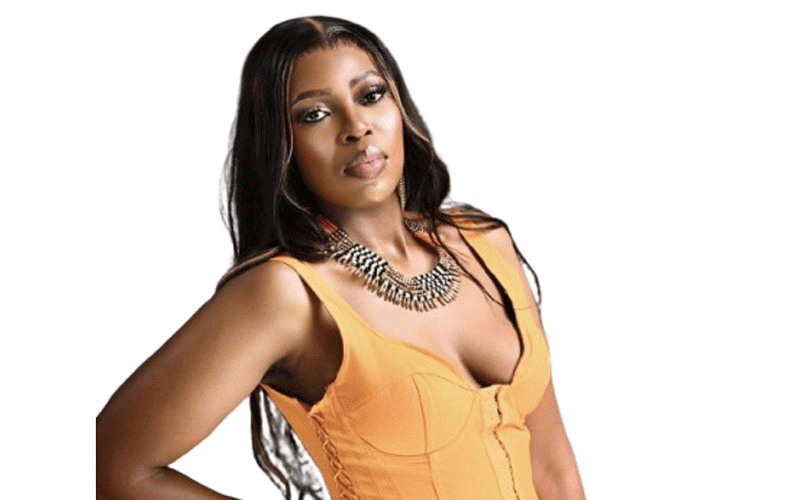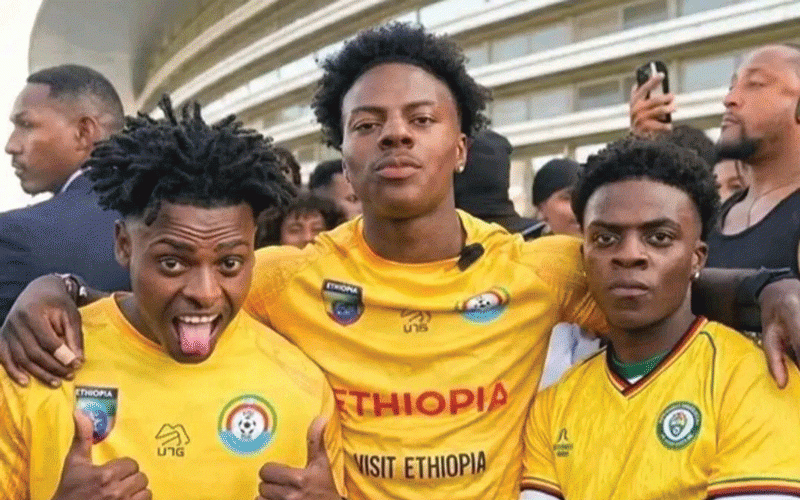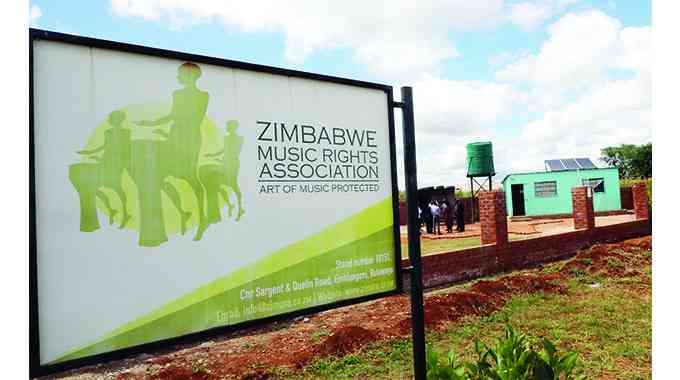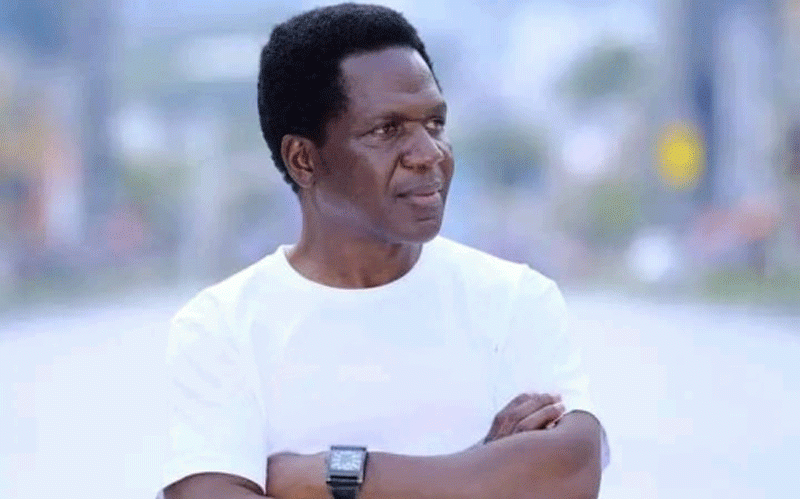
Despite having grown up in the United Kingdom, musician Rumbidzai Geraldine Makawa, affectionately known as Gee Mac, has managed to stay connected with her country of birth, as well as her fans. She does this through her lyrical content, which is a mix of African languages and English, creating great Afro-beats sounds.
Standard Style reporter Sindiso Dube (SD) caught up with Gee Mac (GM) for an interview.
Below are the excerpts from the interview.
SD: Your love for music started at a very young age, inspired by legends like Cher and Whitney Houston. How did their music, which is very different from the Afro-beats you create, influence your sound and artistic direction?
GM: Whitney and Cher are both illustrious vocal powerhouses with exceptional vocal techniques, range, and stage presence. They are in the category of female artists who redefined the pop and R&B genres, becoming global icons and paving the way for other female artists, breaking gender barriers.
To answer your question, I would say their vocal techniques influenced and shaped how I sing. How I create my music and the direction I take were mainly influenced and shaped by my upbringing as a Zimbabwean girl. I learned to play marimba, traditional drums, and gourd rattles. These instruments shaped my musical ear and how I select my beats. Other artists who strongly influenced how I create music are legends such as the late Oliver Mtukudzi, Thomas Mapfumo, and the late Stella Chiweshe. Their representation of Zimbabwean music on an international level inspired me to remain authentic to being Zimbabwean.
SD: You moved to the UK in 2002. How old were you then, and how has growing up in the West Midlands area influenced your music and your identity as an artist?
GM: I moved to the UK when I was 13 years old, and I am now 35. When I left Zimbabwe, urban grooves were in motion, and I had a few artists I admired. Apologies to all urban grooves artists, but I took my bootlegged CD to the UK and used to listen to these songs regularly, which made me feel close to home.
- MPs demand withdrawal of Health Bill
- Ziyambi defends Health Bill
- Through the eyes of a child
- Letter to my people: The million-man marches are back
Keep Reading
Living in the UK, mainly in the West Midlands area, it's a community of multicultural diversity. Hence, I was introduced to a broad range of different styles of music, drums, and vocal tones, for example: Diwali, Punjab, bashment, grime, garage, and rock, as well as Nigerian Afro-beats, just to name a few. I went to a performing arts school, and our curriculum included music. We used to learn about music from different cultural backgrounds, and we had creative sessions where we would create and blend all these beats. Growing up in such a diverse environment sparked a level of curiosity and creativity. It inspired me to create music that can also be listened to by other cultures while remaining true to my African roots.
SD: You are known for your vibrant performances and for nurturing the souls of your audience. Can you tell us more about your creative process and how you bring that energy to the stage?
GM: When I delved into music, my number one aim was to make a positive impact. Music speaks to the soul, so before I write or get in the studio, I pray to God for creative direction. I always think about my audience and the feeling I want the song to portray. This inspires the instrumentals; sometimes, I even have the beat in my head and will just send it to the producer to create something.
When it comes to performances, I imagine how I want to tell the story of each song I perform. This inspires the song arrangement, dance moves, and stage props. I always think about the feeling I would want to leave my audience with. Everything I do starts with the imagery and feeling.
SD: Your music is a mix of African languages and English. How do you decide which language to use for a particular lyric or song, and how important is it for you to represent your Zimbabwean heritage in your music?
GM: Representing my Zimbabwean heritage is everything. How I decide which language to use is like how you might code-switch in life: you use the language that best fits the moment. In my songs, a chorus might be in Shona for everyone to sing along to, but the whispered ad-libs, the moments of pure heartbreak or triumph—those often come out in English. It's about authenticity. I want a listener in Harare and a listener in London to feel the authentic emotion of a story told truthfully.
SD: I understand there is a single dropping soon. What can you tell us about your upcoming single? What message do you hope to convey with this release?
GM: I have been working on a few projects, but this one is close to my heart. It resonates with everyone, and I can't wait for everyone to hear it. We're currently working on the visuals and will release it soon.
SD: You are a proud Zimbabwean. How do you stay connected to your roots while being based in the UK, and how does your Zimbabwean background shape your artistry?
GM: It starts in the kitchen; cooking sadza once a week brings the comfort of being home. I have a playlist of Zim jams. I try to keep up with the latest Zimbabwean music. The community braai. That connection is my muse. It shapes my artistry through rhythm; I try to infuse the grooves of our traditional music into a modern sound and through storytelling, writing about themes of resilience, romance, and hope that connect with the soul.
My music producers and engineers are Zimbabweans, and they make me feel at home with little things like bringing Maputi into the studio and talking about the latest trends, street lingo, you name it. I also visit Zimbabwe regularly.
SD: Given your deep connection to both Zimbabwe and the UK, do you see yourself as a cultural bridge between the two nations through your music?
GM: Absolutely, I do. I feel a deep sense of purpose in that. My music naturally fuses the rhythms and stories from Zimbabwe with the sounds I'm immersed in here in the UK. I hope it serves as a point of connection, showing listeners in the UK the vibrant modernity of Zimbabwean culture and showing those at home that our stories have a powerful place on the world stage.
SD: You have said your music explores all the emotions love brings. Is there a specific love story or experience that inspired your upcoming single?
GM: I always write from a place of emotional truth. The songs are woven from conversations and real-life experiences. I poured all of those little truths into the story of this song to make it feel as real and relatable as possible.











